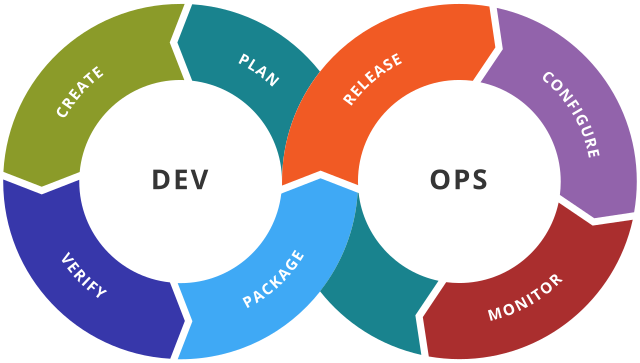Introduction
In the rapidly evolving landscape of information technology, the role of cloud computing is becoming increasingly pivotal. Businesses are leveraging the power of the cloud to enhance agility, reduce costs, and drive innovation. As organizations continue to migrate their operations to the cloud, the demand for expert guidance in the form of cloud consulting is soaring. In this article, we explore the trends and innovations that are shaping the future of cloud consulting.
1. Multi-Cloud Strategies
One of the prominent trends in cloud consulting is the adoption of multi-cloud strategies. Rather than relying on a single cloud service provider, organizations are diversifying their cloud infrastructure across multiple platforms. This approach offers several benefits, including enhanced resilience, reduced vendor lock-in, and the ability to leverage the unique strengths of different cloud providers. Cloud consultants are increasingly assisting businesses in designing and implementing effective multi-cloud architectures tailored to their specific needs.
2. Edge Computing Integration
As the Internet of Things (IoT) continues to proliferate, the integration of edge computing with cloud services is gaining prominence. Edge computing involves processing data closer to the source of generation, reducing latency and improving real-time decision-making. Cloud consultants are playing a crucial role in devising strategies to seamlessly integrate edge computing capabilities with existing cloud infrastructure. This is especially important for industries such as healthcare, manufacturing, and autonomous vehicles, where low-latency processing is essential.
3. AI and Machine Learning in Cloud Consulting
Artificial Intelligence (AI) and Machine Learning (ML) are revolutionizing the field of cloud consulting. Consultants are utilizing AI algorithms to analyze vast amounts of data, identify patterns, and provide actionable insights. Machine learning is also being employed for predictive analytics, enabling businesses to forecast resource requirements and optimize their cloud infrastructure. Cloud consultants with expertise in AI and ML are in high demand as organizations seek to extract maximum value from their data.
4. Security and Compliance Focus
With the increasing frequency and sophistication of cyber threats, security remains a top concern for businesses migrating to the cloud. Cloud consultants are placing a strong emphasis on designing secure and compliant cloud architectures. This includes implementing robust identity and access management, encryption, and adherence to industry-specific regulations. As the regulatory landscape evolves, cloud consultants are at the forefront of ensuring that organizations meet compliance requirements while harnessing the benefits of the cloud.
5. Serverless Computing
Serverless computing, where cloud providers automatically manage infrastructure and scale resources based on demand, is gaining traction. Cloud consultants are guiding businesses in adopting serverless architectures to enhance scalability and reduce operational overhead. This paradigm shift allows organizations to focus on code development and innovation without the burden of managing servers. Serverless computing is particularly attractive for applications with variable workloads, and cloud consultants are instrumental in navigating the complexities of this evolving landscape.
6. DevOps and Cloud Integration
The synergy between DevOps practices and cloud computing is becoming integral to achieving continuous delivery and deployment. Cloud consultants are facilitating the integration of DevOps methodologies with cloud services, enabling faster and more reliable software development cycles. Automation, collaboration, and cultural shifts are key components of this integration, and cloud consultants are guiding organizations in adopting DevOps principles to streamline their development and operations processes.
Conclusion
The future of cloud consulting is dynamic and promising, driven by ongoing technological advancements and the evolving needs of businesses. As organizations continue to embrace the cloud for its scalability, flexibility, and efficiency, the role of cloud consultants will remain crucial. The trends discussed above underscore the importance of staying abreast of technological innovations and adapting consulting approaches to meet the ever-changing demands of the cloud landscape. In this era of digital transformation, organizations that leverage the expertise of cloud consultants will be better positioned to navigate the complexities of the cloud and unlock new opportunities for growth and innovation.




